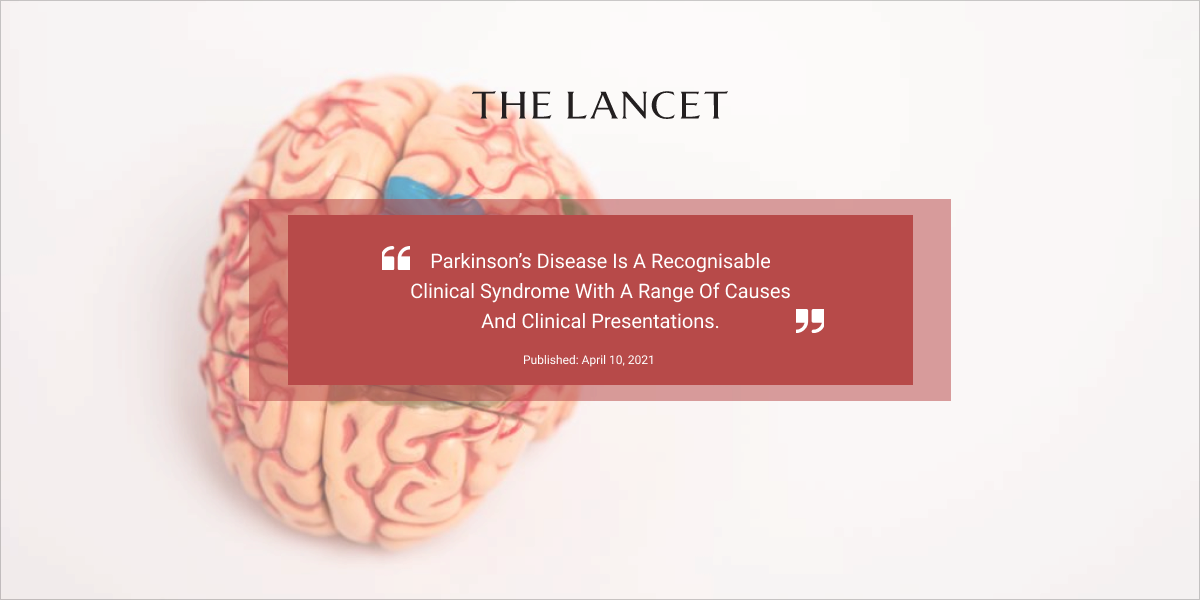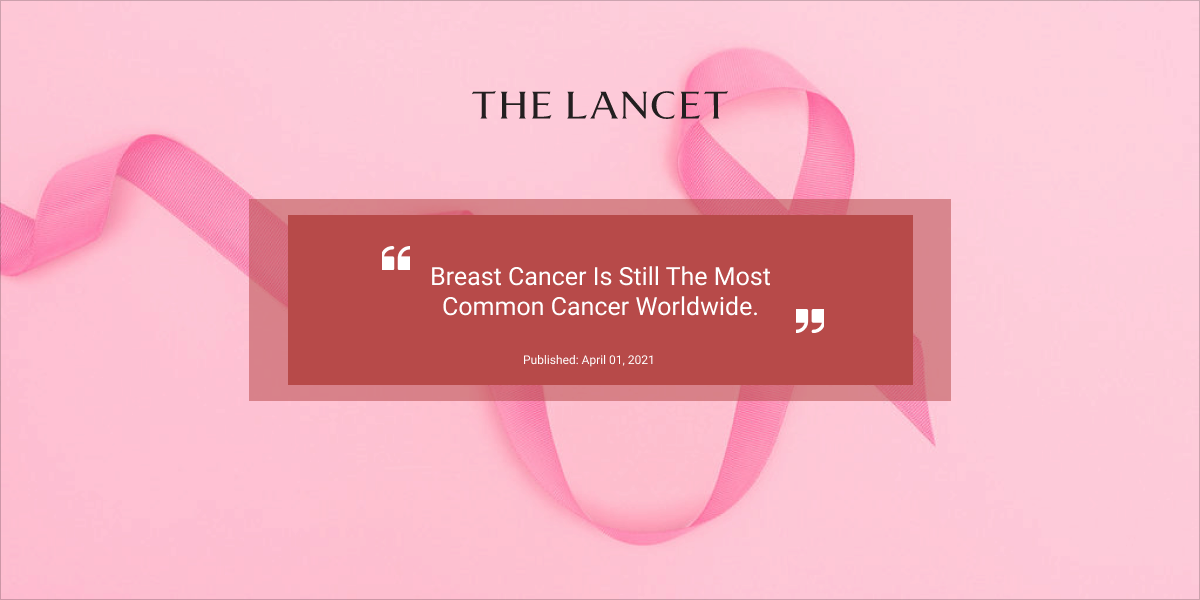News
Compassionate use is a treatment option that allows the use of an unauthorized medicine. Under strict conditions, products under development can be made available to groups of patients who have a disease without satisfactory authorized therapies and who cannot enter clinical trials.
Established by Article 83 of Regulation (EC) No. 726/2004 , this hypothesis is intended to:
📌 Facilitate and improve access to compassionate use programs for patients in the EU;
📌 Favor a common approach regarding the conditions of use, the conditions of distribution and the target patients for the compassionate use of new unauthorized medicines;
📌 Increase transparency between Member States in terms of treatment availability.
What is the role of the European Medicines Agency in compassionate use?
The Committee for Medicinal Products for Human Use (CHMP) of the European Medicines Agency (EMA) can provide recommendations to all EU Member States on the administration, distribution and use of certain medicines in compassionate use. In addition, it identifies which patients may benefit from such programs.
The CHMP can provide these recommendations at the request of a member state or when it becomes aware that several compassionate use programs are being set up in member states. CHMP recommendations, on the other hand, aim to standardize compassionate use programs across the EU and can also help to make the conditions of existing compassionate use programs clearer. However, the CHMP recommendations have no legal implications and are only implemented by member states that wish to follow them.
Besides compassionate use, are there other ways of obtaining medicines before they are authorized?
In addition to compassionate use, there is also “personal prescription” treatment, where doctors can obtain a promising medicine for a patient by requesting a supply of a medicine from the manufacturer to be used on a patient under their immediate responsibility.
This type of “personal prescription” treatment should not be confused with compassionate use programs, as in this case, the treating physician contacts the manufacturer directly. While the manufacturers record what they supply, there is no central record of patients receiving treatment in this way.
Some patients may enter “expanded access programs.” That is, a company that produces a promising drug may choose to run one of these programs to allow early access to its drug and expand its use by patients who may benefit from it. For example, patients who have been treated with the drug during a clinical trial and would like to continue treatment may be able to do so through an expanded access program. These programs are often authorized by national authorities in the same way as clinical trials, and patients are followed in the same way as patients in a clinical trial.
Bottom line:
Compassionate use can be a way to make a promising but not yet authorized drug available to patients who:
📌 Currently cannot be treated satisfactorily with authorized drugs,
📌 Have a disease for which no authorized drug is yet available,
📌 Cannot be included in an ongoing clinical trial.
The request is made by the doctor to the pharmaceutical company that is developing the product and to the national authorities that have to authorize compassionate use.
European legislation for centrally authorized drugs states that the drug in question must have been the subject of a marketing authorization application or be undergoing clinical trials. In other words, it is not necessary for the drug in question to already be authorized somewhere in the world. If the product has been or is currently being tested in a clinical trial on your disease, your doctor can apply for a compassionate use authorization.
Most countries in the European Union have a special regime for dispensing a medicine on a compassionate basis. Many other European countries have similar processes, and these processes are more or less complex and time-consuming.
Learn more at (source):
➜ https://www.ema.europa.eu/en/human-regulatory/research-development/compassionate-use#compassionate-use-recommendations-section
➜ https://toolbox.eupati.eu/resources/uso-compassivo/?lang=pt-pt
![]()
![]()
![]()
![]()
Interactively procrastinate high-payoff content without backward-compatible data. Quickly cultivate optimal processes and tactical architectures.
New Breathe finds the best specialist in your pathology so that you can ask for a second opinion. In addition, it helps you find a clinical trial that meets all the requirements, being able to accompany you and take care of all the bureaucratic part of the process.
We have three plans available:
📌 Plan newbreathe
Requesting a second opinion, with the best specialist in the area, is now more practical and faster with our support.
📌 Plan newbreathe +
Finding out if clinical trials are available will be a simple process with the help of our team.
A Clinical Trial is always the best treatment for the patient! Clinical Trials are studies that look for new drugs/medical devices that can add value in the treatment of diseases. Each clinical trial has strict inclusion and exclusion criteria. Whatever the situation, you should always remember that the medical team will continue to support you assure the best treatment and care available.
📌 Plan newbreathe global
Finding out if there are any clinical trials available for your condition, we’ll walk you through the whole process.
Get a second opinion from the best specialist in the field and see what clinical trials are available. In addition you will have a medical follow-up during the whole process. Clinical trials or Compassionate Use Program?
Contact us, ask all your questions and we will help you!
![]()
![]()
![]()
![]()
0-800-777-2331
24/7 EMERGENCY NUMBER
Call us now if you are in a medical emergency need, we will reply swiftly and provide you with a medical aid.




